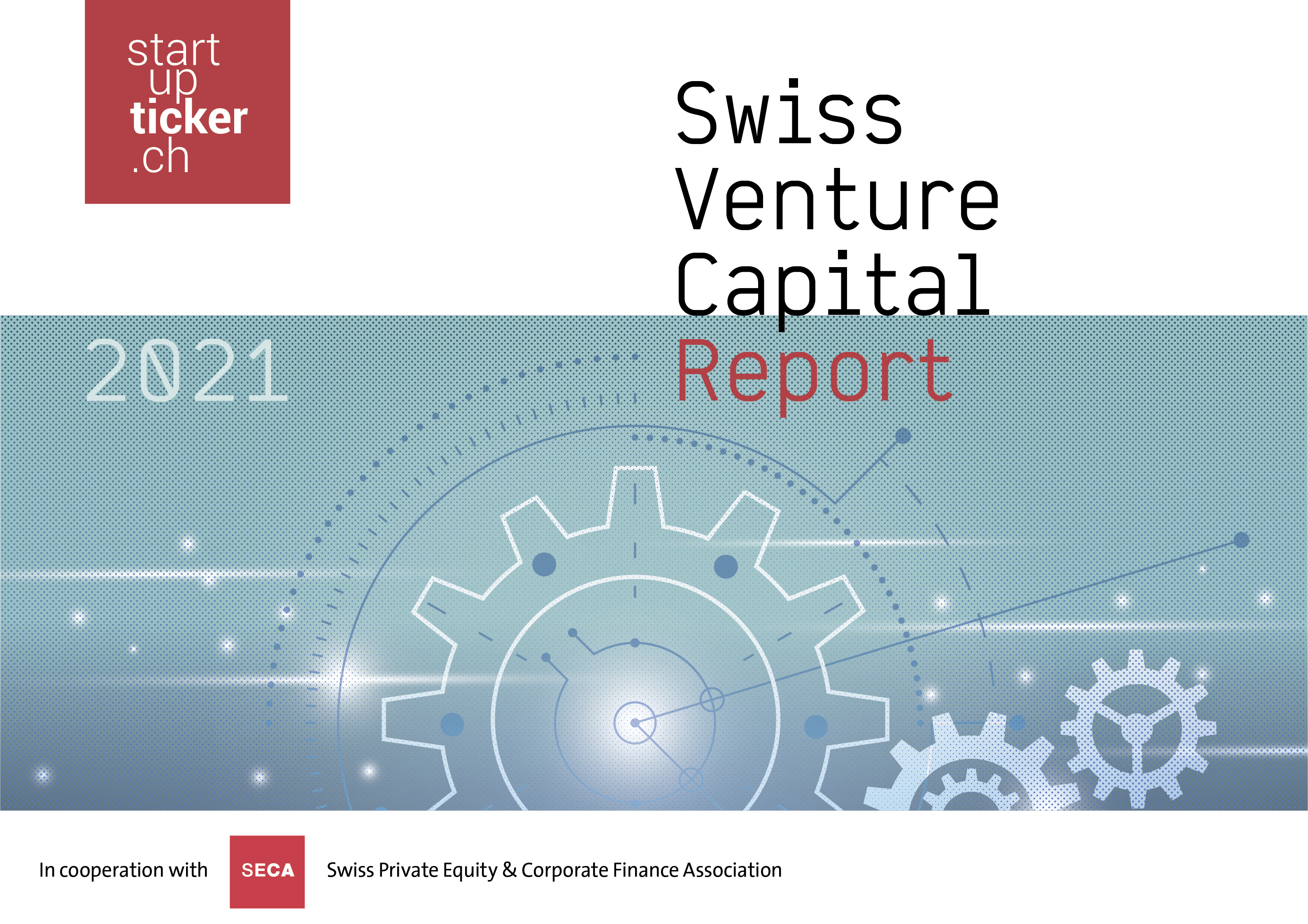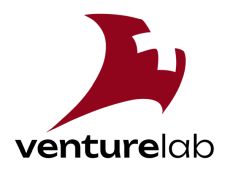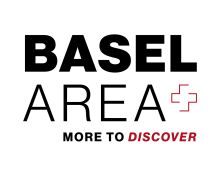
Deforestation and land conversion: A major challenge for the agrifood sector Land conversion (or land use change) refers to any way in which humans alter natural ecosystems, such as clearing forests or draining wetlands to grow crops. It accounts for an estimated 11% of global greenhouse gas emissions, over 75% of which is driven by agriculture.
While science identifies stopping deforestation by 2030 as a key solution for addressing climate change and biodiversity loss, agrifood companies have faced significant challenges in pinpointing where their interventions can be of greatest value. In particular, complex supply chains and a lack of reliable traceability data have hindered landscape-level interventions where diverse stakeholders can collaborate on coordinated action. Orbae gives free access to land use change emission factors for major commodities.
Today, Orbae provides open data on 11 major agricultural commodities — including palm, soy, sugarcane and corn — spread across more than 30 countries and their subnational jurisdictions. New commodities and countries will continue to be released over time. Users can access land use change emission factors for each dataset and view heatmaps of a commodity’s carbon intensity.
AdAstra co-founder and CEO Xavier Bengoa explains, “We're making Orbae open so that companies can clearly see where land conversion is happening in their supply chains. From there, they can put their efforts toward doing something about it. Orbae gives all stakeholders a common language for talking about these impacts so that the conversation can finally move on from what the problem is to how to fix it.”
A new method to account for land conversion, aligned with leading international standards
Built on an algorithm from AdAstra that processes billions of satellite-based data points in 30-meter resolution or better, Orbae works field per field across an entire country to calculate the environmental costs of land conversion for each commodity. It considers where the crop is grown, land history over 20 years and carbon stocks, largely from peer-reviewed sources available in the public domain.
The method, called a jurisdictional direct land use change approach, reflects the reality of agriculture on the ground and can be aggregated to any area of interest so that it matches the known level of traceability. It follows the accounting principles set out in the Greenhouse Gas Protocol and SBTi FLAG Guidance — the cornerstones of climate strategies for agrifood corporations.
Typical land conversion data used for carbon accounting rely on coarse statistical assessments that allocate a percentage of land conversion to each commodity assumed to be produced in that area. With the increased availability of high-quality earth observation products in recent years, Orbae injects new technology into the science of impact quantification to address a critical problem that has so far eluded scalable solutions. Navigating the complexity of agricultural supply chains through collaboration
Six of the world’s largest food and agriculture companies have already adopted Orbae data— among them, Louis Dreyfus Company and ofi (Olam Food Ingredients) — and AdAstra is collaborating with other supporters globally to further expand its reach. With open data, information is accessible to corporations, NGOs, researchers and governments alike.
Four types of services offered:
Orbae open data is free to anyone and provides data on agricultural commodities' impacts on land conversion and other land conversion insights. Land conversion impact is a portion of the total product footprint, but it's a very important part for many commodities. For example, for the beef in Brazil it represents 78% of all emissions.Orbae Pro: In the Pro version, users can see the full footprint from land use change, land management, and transport and processing. They can also see total forest loss from the commodity over the past 20 years and the % of a commodity in a jurisdiction that is deforestation-free. Those data are particularly valuable for companies working towards climate and zero-deforestation targets.
Orbae collaborates also with supporters to develop new datasets, and further research such as on biodiversity and water risks. Those supporters can be companies, NGOs, consultancies, etc. All of them see the value of maintaining Orbae as a free and accessible resource for the industry's stakeholders. The Geneva startup is actively expanding its network of supporters. - see the current supporters. “We recognize the value of accessible, high-quality insights on land conversion that can lead to meaningful action on climate and nature,” says Christopher Schwarz, associate director at climate consultancy South Pole.
Finally, Orbae is a product developed by AdAstra Sustainability. The MassChallenge Switzerland 2024 Winner provides consulting services to help companies interpret and apply the data to their carbon accounting and integrate it into their strategies.
(PR - ES)
AdAstra Sustainability founders photo: Xavier Bengoa, Jürgen Reinhard and Simon Gmünder


 The new Swiss Venture Capital Report was published on 26 January. It analyses 304 financing rounds closed in 2020 and includes further article such as an interview with Michael Hengartner, President of the ETH Board, and a list of Swiss "soonicorns".
The new Swiss Venture Capital Report was published on 26 January. It analyses 304 financing rounds closed in 2020 and includes further article such as an interview with Michael Hengartner, President of the ETH Board, and a list of Swiss "soonicorns". 




















































Please login or sign up to comment.
Commenting guidelines